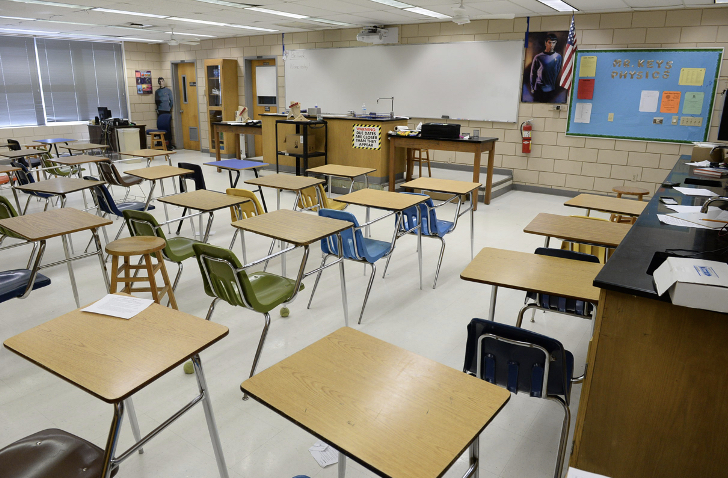New Covid Strains Effect on Schools’ Return
More easily transmitted, the new strains put in person learning at risk
Highly contagious and potentially more threatening, two new strains of Coronavirus have been found in the United States, including in nearby Elizabeth, Colorado. These could both have a huge effect on schools staying open, including Regis’ plan to have all students back on campus next week.
Scientists expected the new variants of the Coronavirus since viruses tend to reproduce very quickly, the most contagious strains of the virus transmit quickest, and because travel brings the virus so many different locations. Stuart Ray, Vice Chair of Medicine at John Hopkins, says it is common for a disease like COVID-19 to change over time, and he expects there will be more strains developed.
“Geographic separation tends to result in genetically distinct variants,” Ray says.
There’s not a lot of research into these specific strains, but experts like Simon Clarke, a professor of microbiology at the University of Reading emphasizes how contagious these new variants are.
“Mutations can make a virus more transmissible or make a virus less susceptible to some antibodies, so that’s always a big concern,” Clarke says.
Being more easily transmitted, the new strains pose new concerns for schools. Although recent data has shown school transmission of the Coronavirus is low, the new, more contagious variants could change that. Regis has recently informed their students of the new plan for 100% in person learning, and these strains could put this at risk.
Tina Tan, a pediatric medicine professor at the Feinberg school of Medicine at Northwestern University, urges how it is important to watch out for potential changes with these new variants.
“In-person learning definitely is better than e-learning for all students, but as the situation changes, I really think that administrators need to be very vigilant about monitoring what’s going on and make decisions to keep their teachers and their students safe,” Tan says.
With the many unknowns of these new strains, doctors and experts stress a refocused attention to the safety precautions in order to stay ahead.
“We need to re-emphasize basic public health measures, including masking, physical distancing, good ventilation indoors and limiting gatherings of people in close proximity with poor ventilation. We give the virus an advantage to evolve when we congregate in more confined spaces,” Ray says.
Colorado began vaccinating teachers on February 8th and health experts have stated they believe the vaccine should work on these new strains, although with possible less accuracy. The worry that some doctors and experts have is how effective the vaccine will be, given it was created for an entirely different variant. Although it is not certain these vaccines will be effective, there is still a chance they will be, which means they play an important role for schools to be able to stay open. These vaccines are a crucial part for schools like Regis trying to open and maintain fully in person learning as Erik Bascome, a journalist at the Staten Island Advance says this is essential to everything.
“With that said, getting vaccinated remains the best way to reduce your risk of contracting the new strain of the coronavirus, with early evidence indicating that vaccination or prior natural exposure to the coronavirus should provide immunity to the new strain,” Bascome says.


